I wasn’t always a Christian. I first came to know Christ at age 14 and was heavily involved in the church, eventually assisting the vicar with the services and I also did a lot of Bible readings for the services. But something happened when I was about 18 that led to a lot of questions but very few answers, and I was in quite major financial trouble. By 22 I made a decision to sort out the problems and eventually walked away from the Christian faith. But I never stopped questioning and challenging and after moving to Oxford in 2008, I got to know a Christian couple who went on to become very good friends of mine and came back to Christ in their front room. My whole faith journey has been built on asking questions, expressing doubts, challenging views, getting answers then repeat. So it will come as no surprise that my favourite character in the Bible is Thomas.
I like Thomas but I was being taught that we don’t want to be like Thomas, because Thomas doubted Jesus and that doubt is the enemy of faith. How much of that is actually true though? Did Thomas really doubt Jesus and are we really expected to have no doubts at all in order to have faith?
The main story that seems to have earned Thomas his reputation is in Johns gospel, specifically chapter 20 verses 19-31, but this isn’t the only passage where Thomas is asking questions. In John 14, when Jesus is telling the disciples he’s off to prepare a place for them, Thomas pipes up “Uh, Lord? We don’t know where you’re going so how can we know which way?” Jesus gave him an answer,
“I am the way and the truth and the life. No one comes to the Father except through me. 7 If you really know me, you will know my Father as well. From now on, you do know him and have seen him”
Now, when Phillip, one of the other disciples chimes in with “Show us the Father that will be enough for us” Jesus reacts very differently; Phillip is given a serious rebuke, “How can you ask such a question? Don’t you know me? Believe me when I say I am with the Father, or at least believe on the evidence of the works themselves” Keep that last bit in mind “believe on the evidence of the works themselves” because we’re going to come back to it.
Thomas also makes an appearance in John 11 which covers the death of Lazarus; Jesus is telling the disciples that he needs to go back to Judea. The disciples are like “You’re joking right? They tried to kill you last time and now you want to go back?” This is a justified reaction to be fair but Thomas, the doubter, the one we’re not supposed to be like, steps up and says “Come on guys, let’s go with him so that if he dies, we’ll all die with him”. It seems that Thomas was going to make sure that Jesus didn’t die alone. These 2 events capture Thomas perfectly; expressing doubts and asking questions but also showing complete faith by being willing to stand with Jesus no matter what.
So lets bring all this together as we look at John chapter 20. Verses 19-20 says;
“On the evening of that first day of the week, when the disciples were together, with the doors locked for fear of the Jewish leaders, Jesus came and stood among them and said, “Peace be with you!” After he said this, he showed them his hands and side. The disciples were overjoyed when they saw the Lord”
So Jesus shows the disciples his hands and his side and then they believed. Now, we know from verse 24 that Thomas was not with the other disciples so he’s not seen Jesus since he died on the cross. We pick the story up at verse 25:
The other disciples told him, “We have seen the Lord!”
But he said to them, “Unless I see the nail marks in his hands and put my finger where the nails were, and put my hand into his side, I will not believe.
Who is Thomas doubting at this point? He’s doubting what he’s being told by the other disciples and again, you can’t really blame him. Living in the first century under the rule of the Roman Empire, he’s know enough about crucifixion to know that unless they get a pardon, whoever goes up on that cross isn’t coming down alive. He has enough knowledge of biology and experience of life to know that dead people stay dead. So what has he asked for? Nothing more than the other disciples got; to see Jesus, to see the marks in his side and his hands.
So verses 26-28:
A week later, Jesus’ disciples were in the house again, and Thomas was with them. Though the doors were locked, Jesus came and stood among them and said, “Peace be with you!” Then he said to Thomas, “Put your finger here; see my hands. Reach out your hand and put it into my side. Stop doubting and believe.”
Thomas said to him, “My Lord and my God!”
What an affirmation from Thomas; my Lord, my God!. Thomas didn’t come to that place despite his doubts, he got there because of them. He was honest about his doubts and Jesus let him face them, allowing him to believe on the evidence of the works themselves as Jesus said back in John 14. The evidence that Christ had risen was him standing in front of them. Now, we don’t have that, we don’t have Christ physically standing before us which brings me onto verse 29:
Then Jesus told him, “Because you have seen me, you have believed; blessed are those who have not seen and yet have believed”
We haven’t seen Jesus physically risen as I said, but what do we have? The Gospels. John tells us in verses 30 and 31:
Jesus performed many other signs in the presence of his disciples, which are not recorded in this book. But these are written that you may believe that Jesus is the Messiah, the Son of God, and that by believing you may have life in his name.
Luke says something very similar in the opening of his account. Now this can lead to the question “how do we know the Gospels are reliable”, and my response is “Yes, great question. Let’s look at that and have a discussion”. This leads onto other questions about the Bible because there are so many translations and interpretations, and we need to check what we are being told. This brings us onto the last passage I want to look at briefly which is Mark 16 verse 14:
Later Jesus appeared to the Eleven as they were eating; he rebuked them for their lack of faith and their stubborn refusal to believe those who had seen him after he had risen.
Now, this passage is slightly contentious because it is part of verses 9-20 which don’t appear in early manuscripts and pretty much all Bibles have a footnote or some disclaimer saying as such, so that raises a set of its own questions. But who is Jesus referring to specifically when he said ‘those who had seen him’? The other disciples? The women at the tomb? All of the above? Does this mean we should automatically accept what we’re told regardless? This seems very dangerous as one US pastor found out when he took verse 18 and went with it without question;
“they will pick up snakes with their hands; and when they drink deadly poison, it will not hurt them at all; they will place their hands on sick people, and they will get well.”
The pastor was ultimately bitten by the snake and died from the poison. We humans are flawed, our understanding is never 100% correct 100% of the time. We have to question things, otherwise we can end up doing things that are incredibly harmful to ourselves and others. It can also lead to great social changes. It was doubting the then current understanding of scripture that led William Wilberforce to lead cry’s for the slavery laws to be abolished. It was his expression of those doubts that caused others to take another look at scripture and then join the cause.
So what is Jesus talking about in that passage in Mark? I don’t know, it’s one of those things I wrestle with and what is our journey with God if not a wrestling match? Plus, it’s perfectly acceptable to say ‘I don’t know’ because faith is not an expression of certainty, it’s an expression of vulnerability. It says ‘I don’t know if I can do this, but I know you’re with me Lord.’ It says ‘I can see all the pain, all the injustice, but I’m holding on.’ Too often we’re told questions and doubts are signs of spiritual weakness. They really aren’t, they lead to a richer spiritual experience and understanding as we explore and walk closer with God. Certainty is no guarantee that you’re with Jesus. Peter was certain in John 13:37; he said “I’ll lay down my life for you” and Jesus said “Really? When it’s all said and done you’re going to deny me 3 times.”
I found a quote from Archibald Macleish, who was an American poet and Librarian of Congress which says, “Religion is at it’s best when it makes us ask hard questions of ourselves. It is at it’s worst when it deludes us into thinking we have all the answers for everybody else.” When Jesus said, “how can you take the speck out of someone’s eye when you have a plank in yours”, he was about asking us to take a long hard look at ourselves and our faults. How can we start doing something as huge as looking at our faults if we’re not even willing to start the process of doubting what we currently believe about certain things? Doubt is an inevitable part of that process. To quote Claus Westermann;
“Where God’s words penetrate a man’s life and are taken seriously there are certain to be struggles and remonstrations and defeat; doubt and temptation also inevitably occur.”
There are always things we are going to be certain of though. I’m certain in what I’ve said to you today and that doubting is not wrong and that nothing is beyond reproach. But doubt is not the same as unbelief, it’s a state between beliefs; so if you find yourself doubting, know that you are in good company and that it’s perfectly fine to be there. Jesus will be in there too, as he was with Thomas and as you walk with him with your doubts; and God is not going to be angry with you. Be ready to go places you were never expecting to go and be prepared for some conflict as you end up somewhere different to someone else. Doubts are only dangerous if we make them something to be ashamed of and we insist upon remaining distant from those who doubt and hold different beliefs. Like a splinter, pretending it doesn’t exist or thinking you are wrong for having one isn’t going to solve the problem and it can become infected if not treated. Making people ashamed is the easiest way to get them to leave their doubts unchecked.
One final thing before I wrap this up; Jesus left us with the Holy Spirit before ascending. How can it be allowed to move, work, guide, show us something new, if we cling so tightly so our certainties and reject anything that contradicts them? It is through doubting that we grow, that we can walk closer with Jesus. Doubts are what make our faith our own, are what lead us closer to truth. It is impossible to be concerned with truth unless you’re genuinely open to the possibility that what you currently believe is wrong. There’s no 2 ways about it.
There’s so much more I want to say but I will end with this. I had my doubts, I still do and if I hadn’t explored them and wrestled with them, and still do so, I wouldn’t be a Christian now. We saw with Thomas that yes, he had his doubts but he was still willing to die with Jesus and that’s what ultimately happened to him when he was killed in India spreading the gospel. This is what we are supposed to be willing to do. I think we could do a lot worse than to be like Thomas. His doubts didn’t get in the way of following Jesus, and neither did they go away afterwards, indeed they were part of what allowed him to make such sacrifices because he explored, he doubted, he learned, he grew through those doubts and ultimately came closer to Jesus as a result.
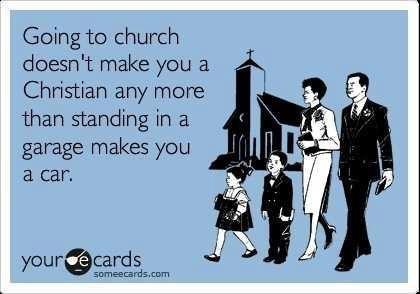


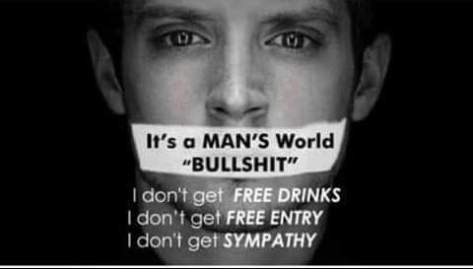
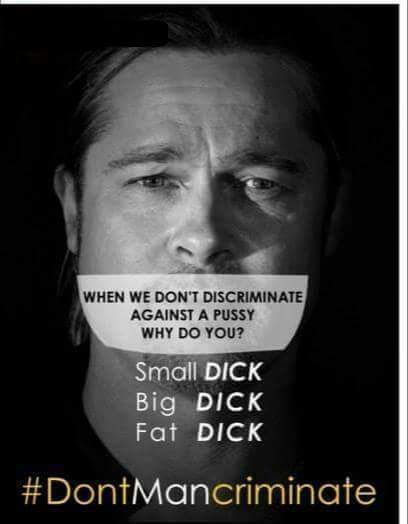
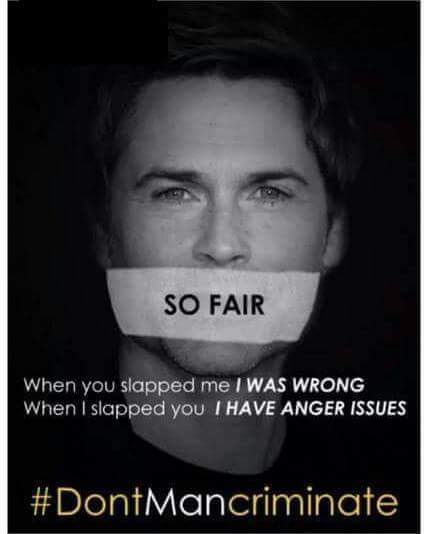
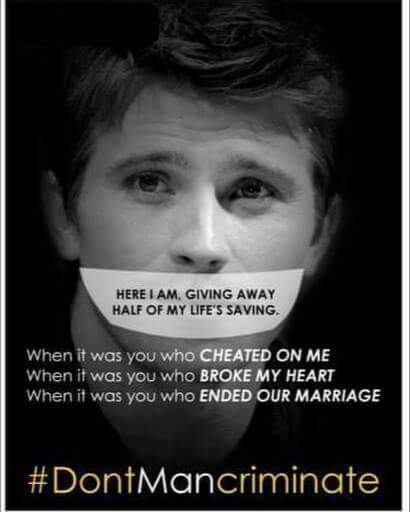
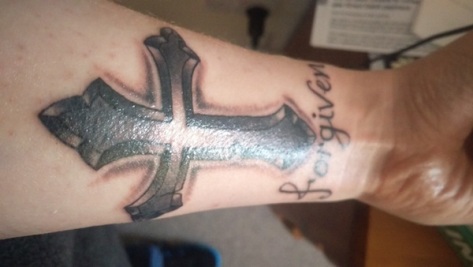

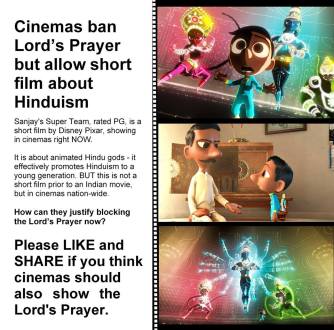
You must be logged in to post a comment.